SWORN IN
AUGUSTA — Lawmakers in the 127th Legislature took their oaths Wednesday, marking the beginning of a two-year stretch of policymaking that could bring big changes to Maine in such areas as welfare reform, taxes and job creation, while ushering in a new era in state politics.
State representatives and senators were sworn in by Gov. Paul LePage during separate ceremonies in their respective chambers. Among those who took the oath was Republican Cathy Manchester of Gray, who was given a provisional Senate seat by the Republican majority until the disputed results of her District 25 race against Democrat Cathy Breen of Falmouth are reviewed by a special committee next week.
Manchester was seated despite protests from Breen and other Democrats, who spoke to the media outside the Senate chamber and argued that neither candidate should be seated until the Senatorial Election Committee reviews the race results.
“Unfortunately, a dark cloud remains over the recount results in (Senate District 25),” Breen said in a written statement. “And until that mystery is solved and we know why there were 21 more ballots than voters, I believe no one should occupy that seat.”
The Republican governor’s decisive Election Day victory, along with his party’s significant gains after a bruising campaign, has created the climate for a conservative mandate, particularly in state welfare policy. Democrats have expressed a willingness to compromise and to ease tensions with LePage, after his combative style and Democrats’ willingness to regularly engage him ignited pitched partisan battles during his first term.
The focus now shifts to the House of Representatives, where Democrats were able to retain their majority from the previous session, 79 members to the Republicans’ 68, plus the four independents who often vote with Democrats. With Republicans controlling at least 20 seats in the 35-member Senate – not counting the disputed District 25 seat – the House will become the place where Democrats seek to balance the need to compromise and negotiate with a defense of their core progressive values while considering proposals from the right by LePage and his Republican allies.
The dynamic will test Democrats’ willingness to say “no” at the risk of being cast as obstructionist – a term they applied liberally to the Republicans when they were in the minority the past two years.
“The question is … how much does (House Speaker Mark Eves, D-North Berwick) become the stopgap for what the governor wants to do?” said Rep. Jeff Timberlake, R-Turner. “Do they really want to be seen as the party that prevents government from working?”
Eves was elected Wednesday afternoon to a second two-year term after an unexpected challenge from Republican minority leader Rep. Kenneth Fredette of Newport. Eves’ election followed a prolonged dispute in which Republicans initially challenged the type of ballots, and later, over whether tribal representatives of the Legislature should have been allowed to vote. Fredette, who has over 40 freshmen members in his caucus, at one point held a meeting to seek a resolution that would satisfy his members. About an hour later, Fredette withdrew from the race.
Eves is the 10th Democrat to hold the gavel in the House. Republicans have controlled the chamber only twice since 1974.
In a separate election Wednesday morning, Mike Thibodeau of Winterport became the seventh Republican chosen as Senate president since 1968.
Family and friends of lawmakers filled the aisles and galleries for the swearing-in ceremonies, both of which were overseen by LePage.
The governor, who used the occasion in 2012 to criticize Democrats after they retook the State House, offered brief remarks Wednesday. He congratulated all of the members in the House, telling them that Maine voters had high hopes for the session.
“Sharpen your pencils and let’s get to work,” he said.
The Senate proceedings were marked by the ongoing controversy over the District 25 recount. A seven-member Senate committee appointed by Thibodeau will review the election next week and may inspect 21 ballots cast on Long Island. The ballots surfaced during the recount but were not among the 171 ballots counted by town election officials on the day of the voting.
Those ballots, together with ballots from other towns that changed as a result of the recount, effectively reversed the results of the election. They gave Manchester, the Gray Republican, an 11-vote victory over Breen, the Democrat from Falmouth, who led by 32 votes on election night.
The Senate voted along party lines, 20-14, to provisionally seat Manchester.
Thibodeau, the new Senate president, stressed the need for welfare reform and lower energy prices during a speech. He said it was “time to finally act on some things that are long overdue.” He briefly noted Democrats’ resistance to the governor’s welfare proposals last year – a resistance used against them in elections.
Welfare abuse, Thibodeau said, “is not a victimless crime.”
He said voters wanted lawmakers to work together. “In short, the voters of Maine said, ‘Work it out,’ and they don’t want to hear excuses,” he said.
Eves, the re-elected House speaker, said lawmakers should pursue policies that benefit the middle class and proposals to address the state’s aging population.
“Not too long ago, being middle class meant being able to take a vacation, being able to send your kids to college and put something away for retirement,” he said. “Now, for too many middle-class families a good year means not losing your job, barely keeping oil in the tank and being able to pay most of your bills.”
He said, “Middle-class families don’t know what their futures holds, but they know it can and should be better.”
The new Legislature has many new faces, 50 in the House and five in the Senate.
Of the 151 House members, 98 have had previous experience. Seventy-eight House members were born in Maine, 18 in Massachusetts, 12 in New York, one in Canada and one in Ireland. The rest were born in 18 other states, according to the clerk’s office.
The House membership includes 13 educators, six attorneys, three farmers, 10 health care workers and two photographers. Nineteen members are businesspeople. There are 26 retirees in the House, some of whom are former employees of state, local or federal governments.
Send questions/comments to the editors.

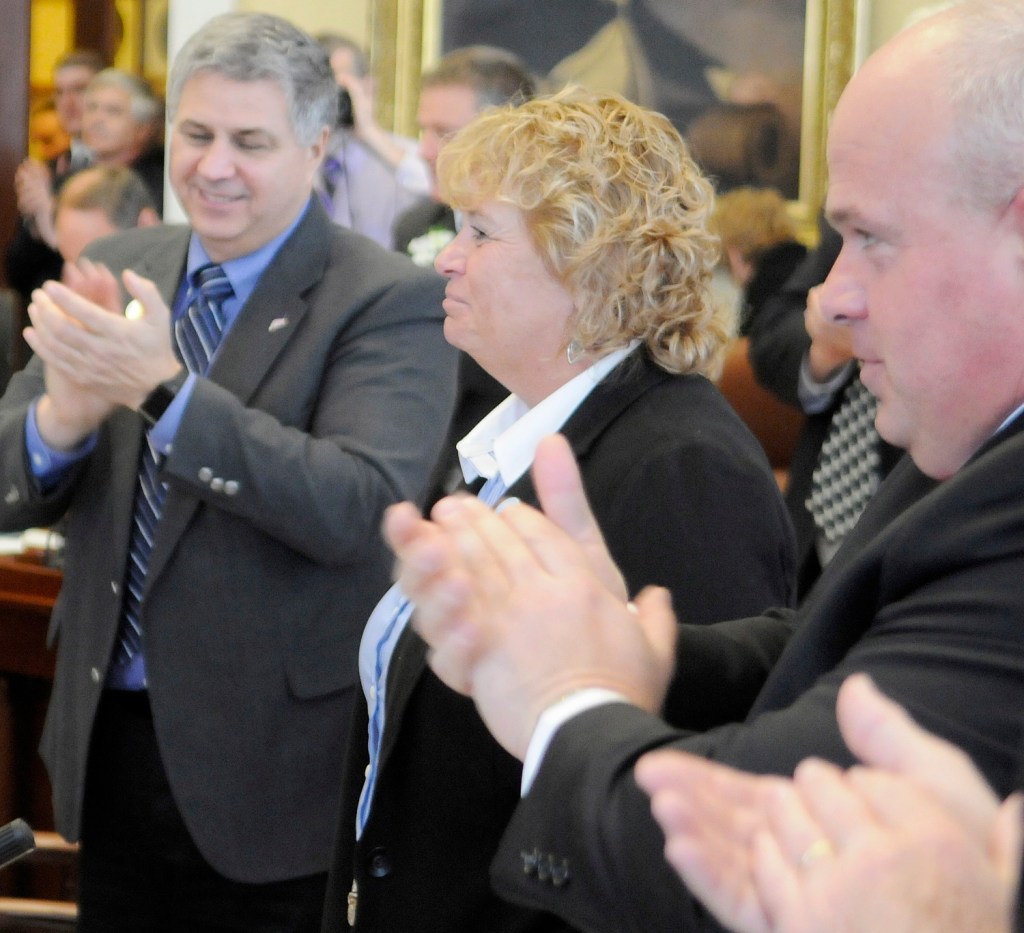

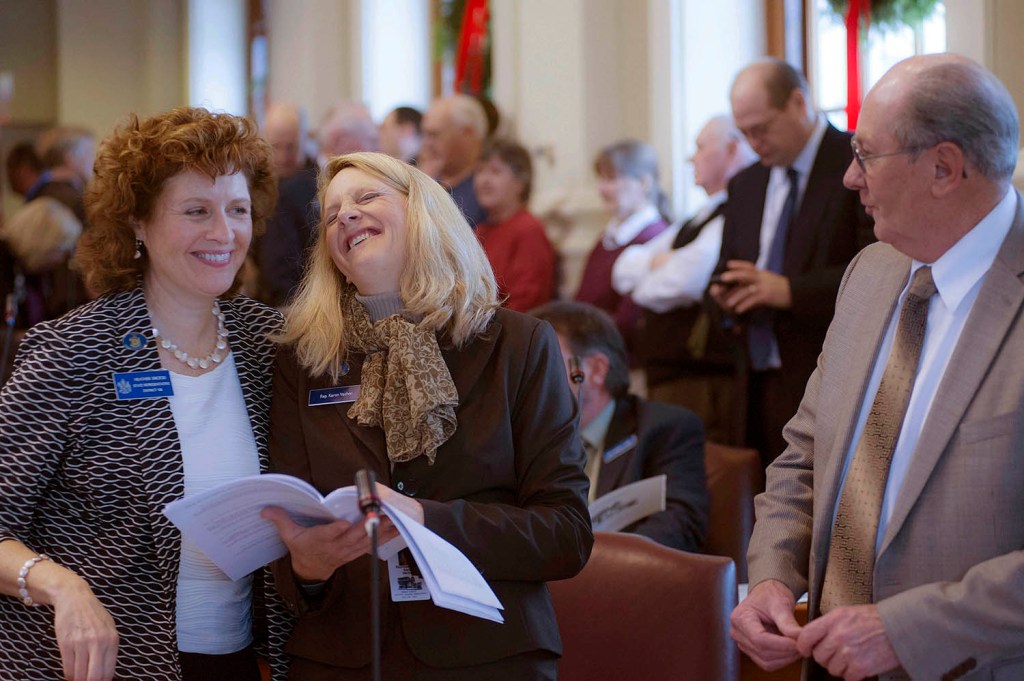
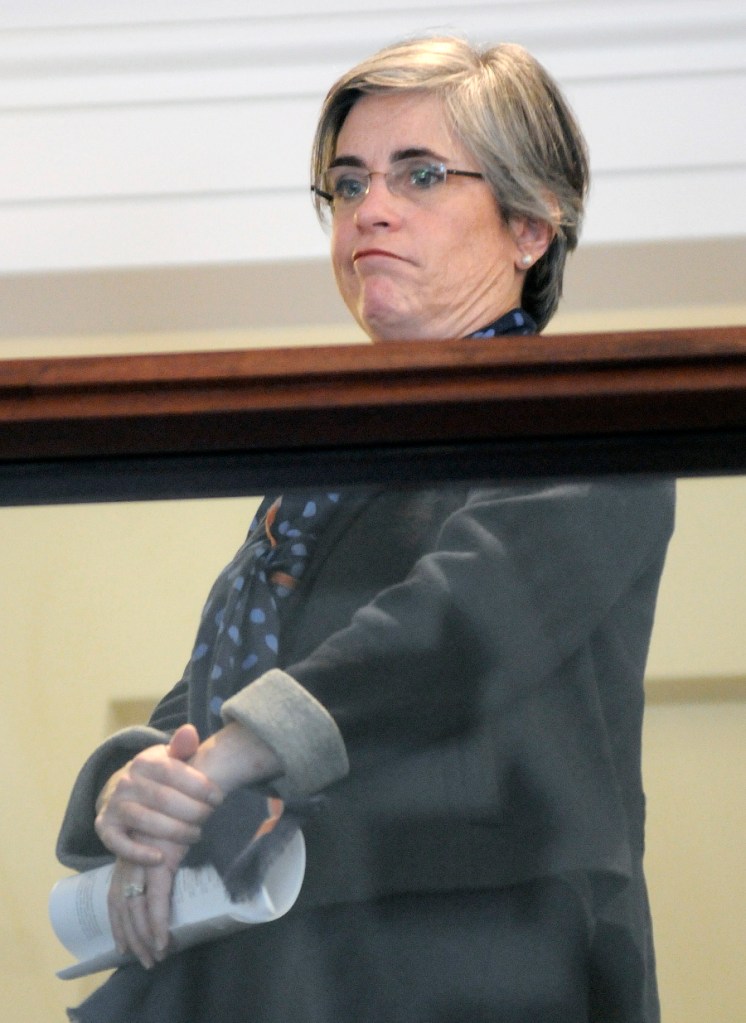

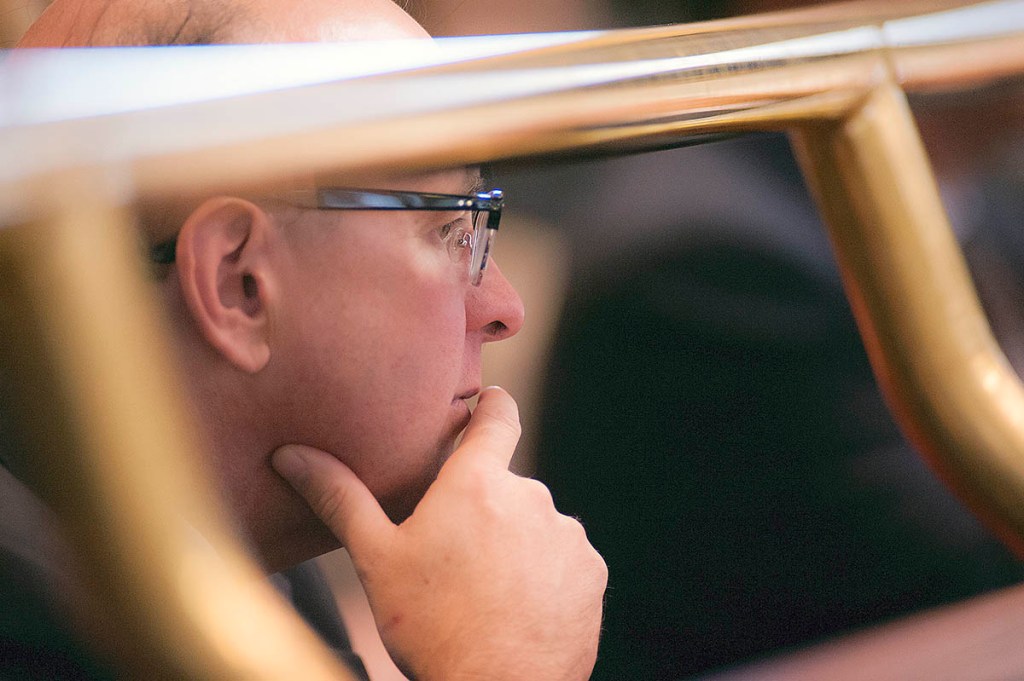
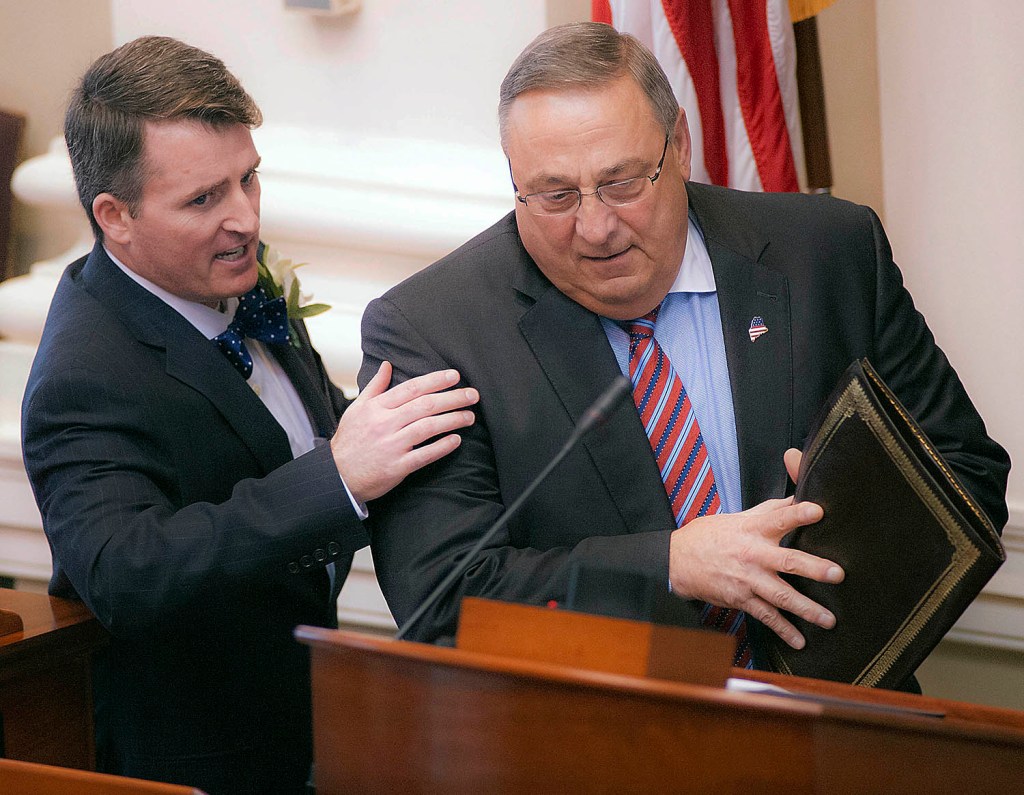
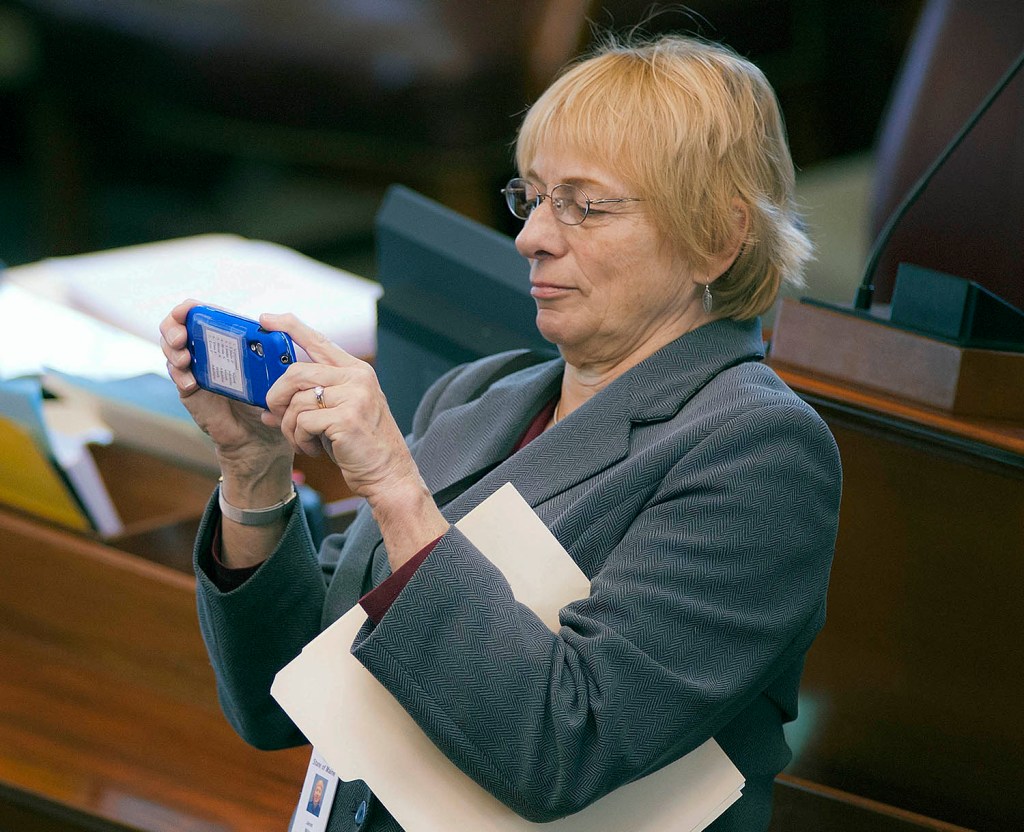
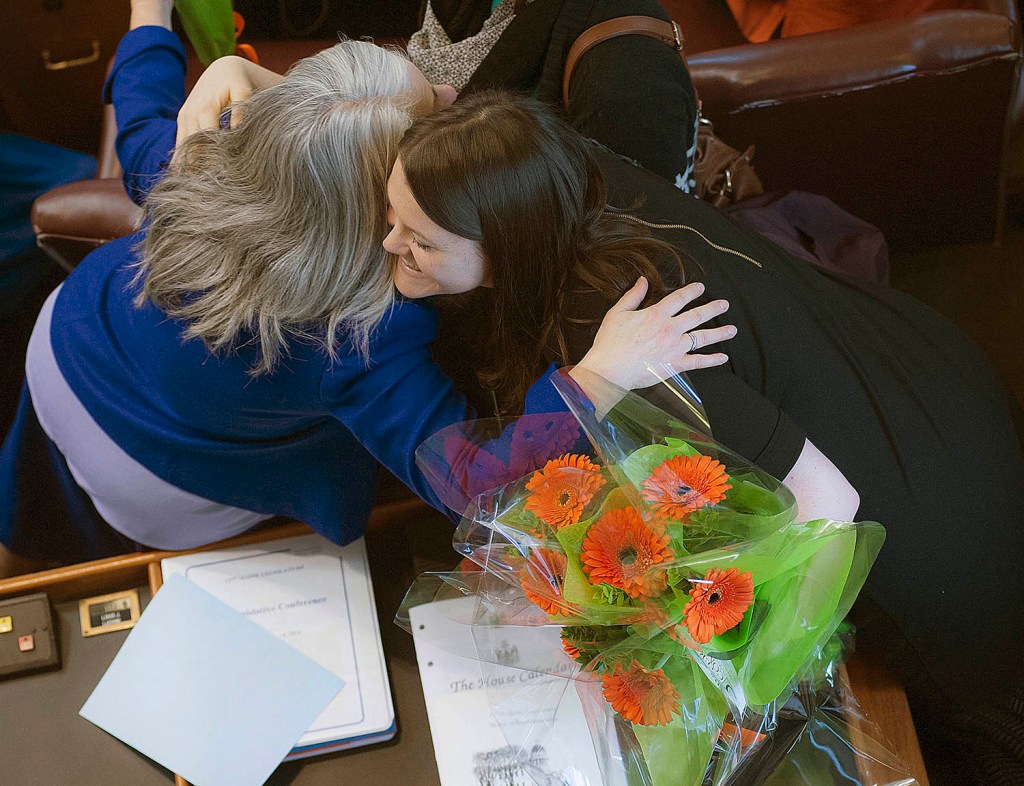
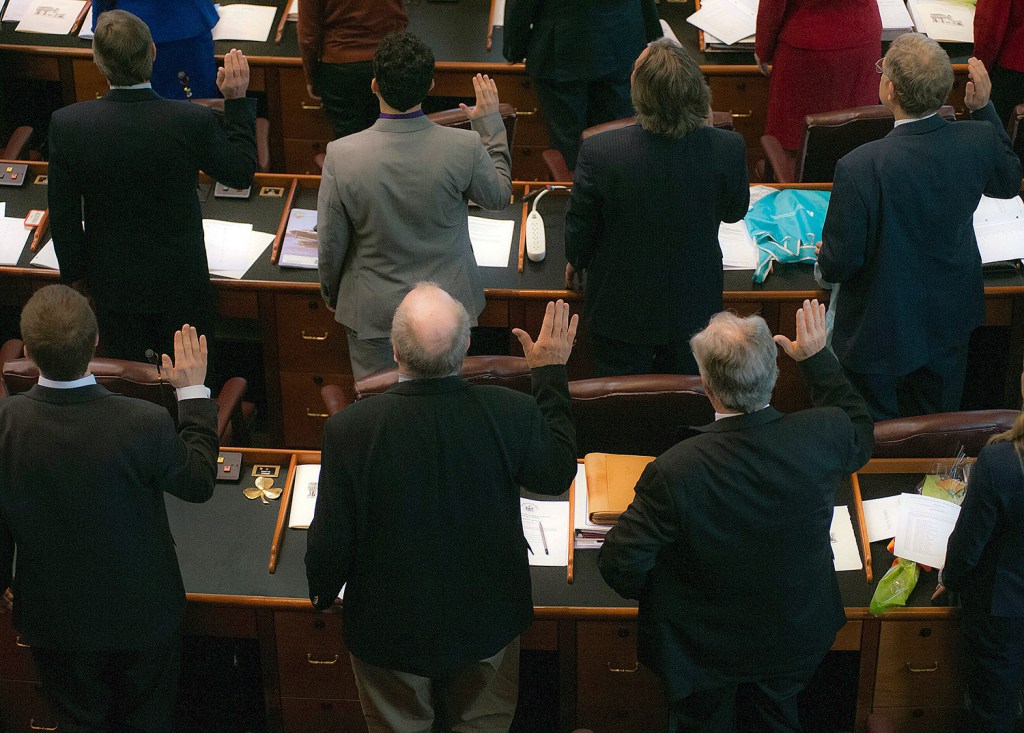
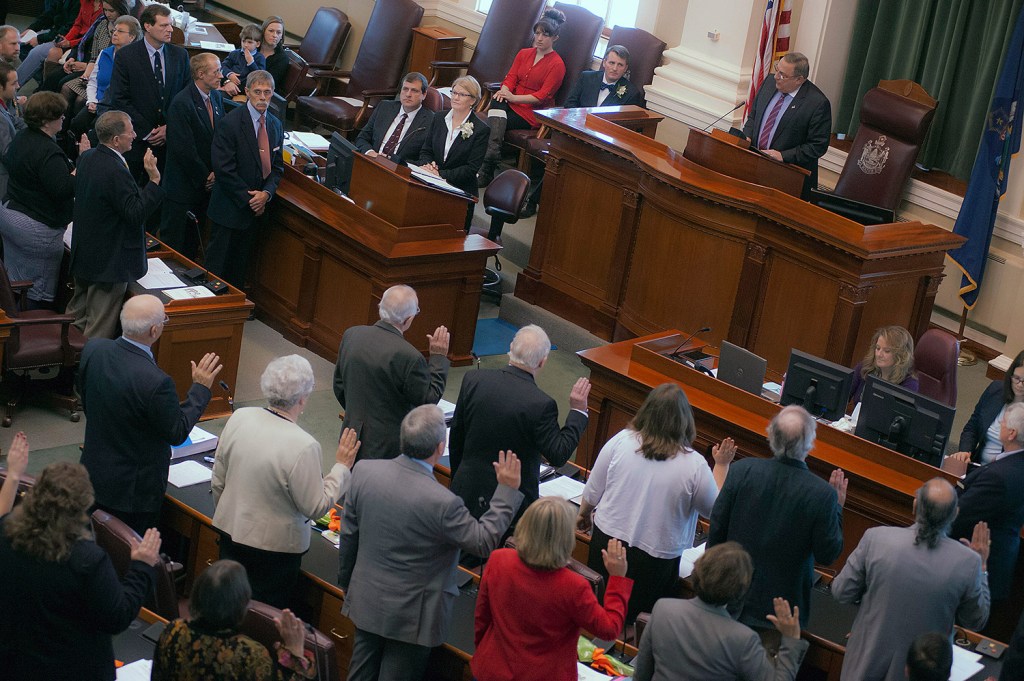
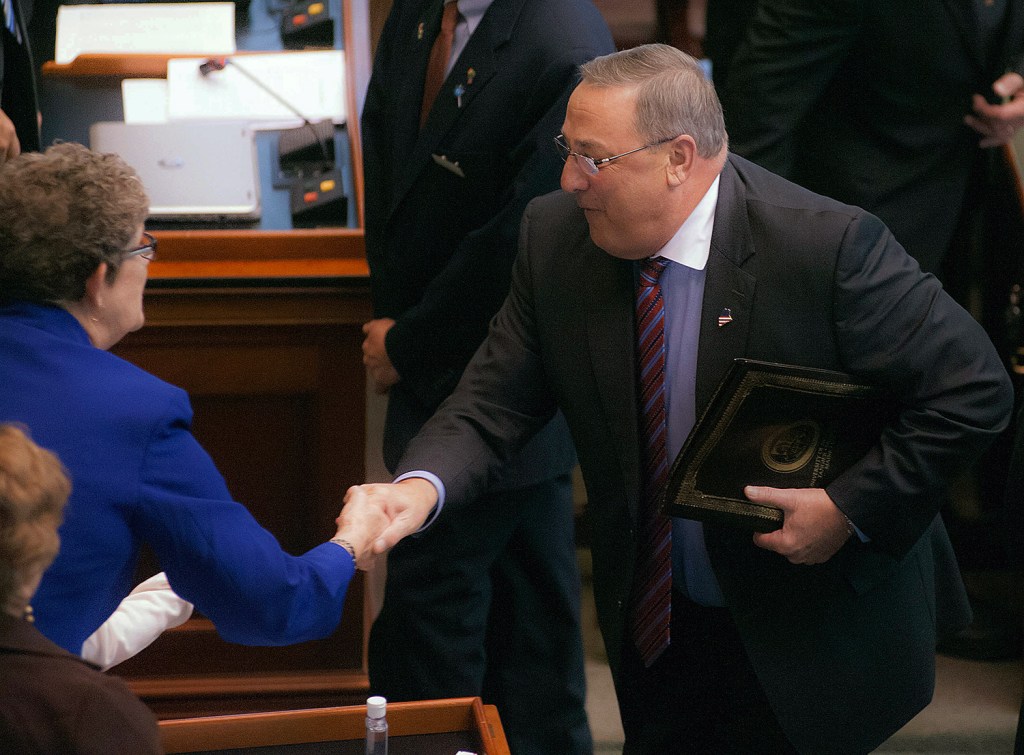

Success. Please wait for the page to reload. If the page does not reload within 5 seconds, please refresh the page.
Enter your email and password to access comments.
Hi, to comment on stories you must . This profile is in addition to your subscription and website login.
Already have a commenting profile? .
Invalid username/password.
Please check your email to confirm and complete your registration.
Only subscribers are eligible to post comments. Please subscribe or login first for digital access. Here’s why.
Use the form below to reset your password. When you've submitted your account email, we will send an email with a reset code.